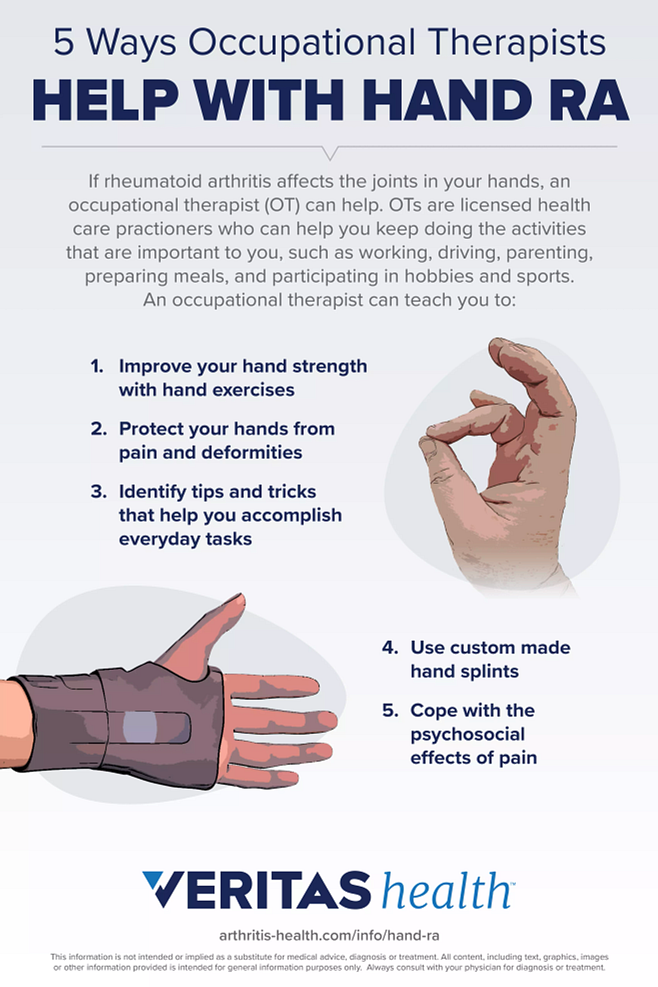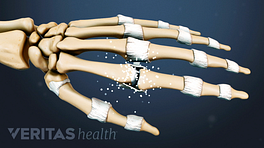Chiropractor for Arthritis
Chiropractors treat a variety of back, neck, and joint problems through manual manipulation, exercise and nutrition programs, and the use of supporting physiologic therapies such as ultrasound or electrical stimulation. Chiropractors do not perform surgery and cannot prescribe drugs, although they may recommend use of common over-the-counter medications such as acetaminophen or ibuprofen for mild to moderate pain relief.
Most states require chiropractors to complete an undergraduate bachelor’s degree in science before moving on to a four-year chiropractic degree program. Continuing education is required each year to renew a chiropractic license. After completing basic chiropractic education, many doctors go on to pursue post-graduate training in specialties like orthopedics, sports medicine, rehabilitation, or neurology.
Physical Therapist for Arthritis
Physical therapists work closely with patients to develop individualized exercise programs that focus on strengthening muscles and increasing flexibility around the damaged joints to increase stability and range of motion. They also utilize other treatments such as massage, heat and ice, or ultrasound for arthritis. Together these actions work to reduce pain and help improve the function of the joint.
In This Article:
- Arthritis Treatment Specialists
- Rheumatologist for Arthritis Treatment
- Physiatrist for Arthritis Treatment
- Orthopedic Surgeon for Arthritis Treatment
- Other Specialists for Arthritis Treatment
Physical therapists must graduate from an accredited education program with a master’s or doctoral degree in physical therapy. Graduates must then pass state and national licensing exams and participate in continuing education to maintain a physical therapy practice.
Occupational Therapist for Arthritis
Occupational therapists differ from physical therapists in that they help the patient modify his or her everyday activities in order to make them easier to perform. This often includes an evaluation of the home and work environments and instruction in the use of adaptive equipment to ensure the patient’s quality of life despite his or her physical condition.
View this 5 Ways Occupational Therapists Help With Hand RA Infographic in our Infographic Center.
Candidates must earn a master’s degree or higher in occupational therapy prior to practicing in the field. To obtain licensure, they must sit and pass a national certifying exam. Additionally, some states require specific education for therapists working in schools. Continuing education is expected for all therapists, and is a requirement in some states.
Other specialists that may be part of an arthritis treatment plan include:
- Dietitian
- Licensed acupuncture therapist
- Massage therapist
- Nurse educator
- Psychologist
- Social worker
- Vocational counselor
Your doctor may also send you to a radiologist to confirm a diagnosis and/or to determine the extent of your arthritis using imaging technologies such as X-ray, CT scan and MRI.












